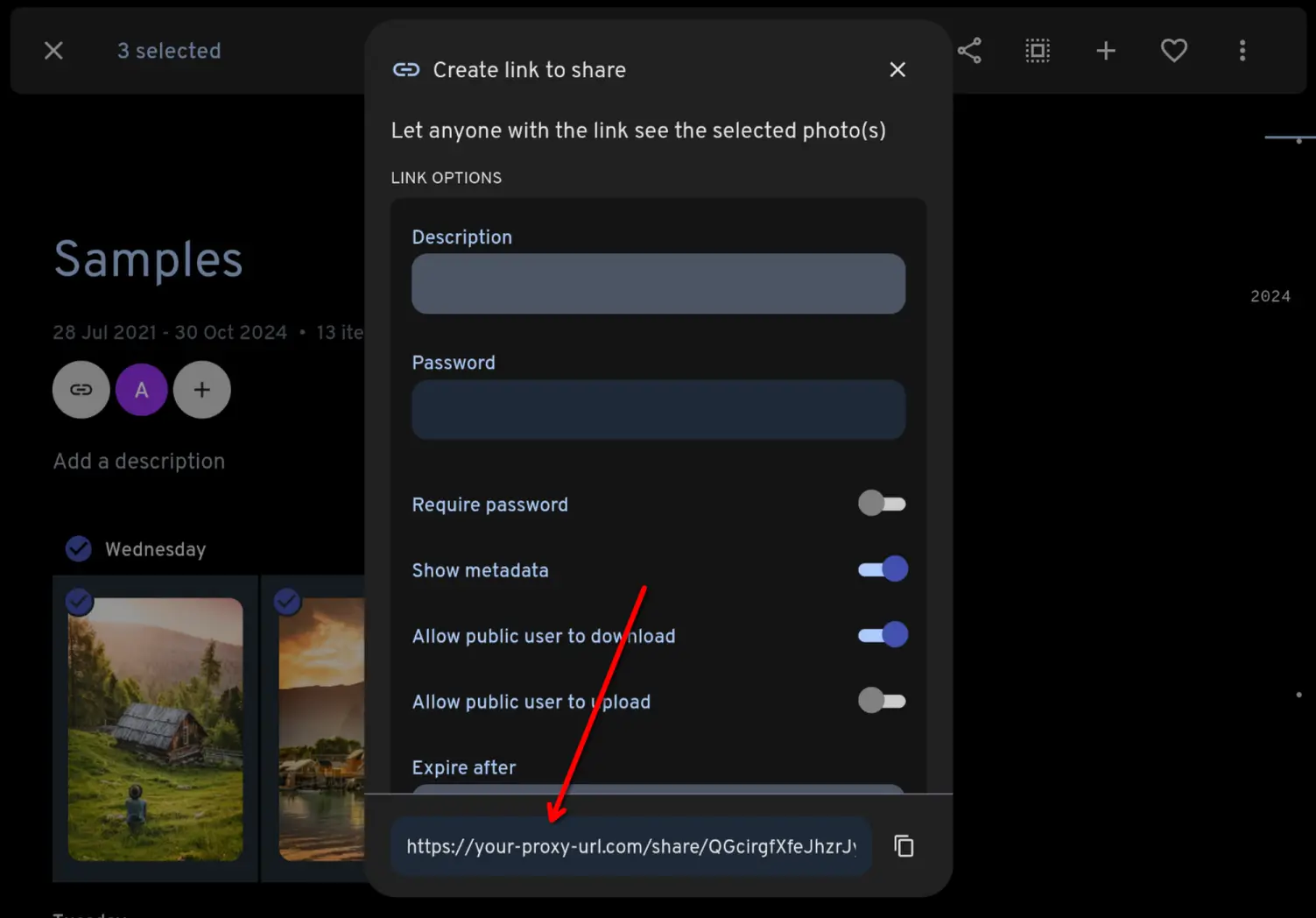Selfhosted
A place to share alternatives to popular online services that can be self-hosted without giving up privacy or locking you into a service you don't control.
Rules:
-
Be civil: we're here to support and learn from one another. Insults won't be tolerated. Flame wars are frowned upon.
-
No spam posting.
-
Posts have to be centered around self-hosting. There are other communities for discussing hardware or home computing. If it's not obvious why your post topic revolves around selfhosting, please include details to make it clear.
-
Don't duplicate the full text of your blog or github here. Just post the link for folks to click.
-
Submission headline should match the article title (don’t cherry-pick information from the title to fit your agenda).
-
No trolling.
Resources:
- selfh.st Newsletter and index of selfhosted software and apps
- awesome-selfhosted software
- awesome-sysadmin resources
- Self-Hosted Podcast from Jupiter Broadcasting
Any issues on the community? Report it using the report flag.
Questions? DM the mods!
view the rest of the comments

A simpler way to protect a private service with a reverse proxy is to only forward HTTP GET requests and only for specific paths.
It’s extremely difficult to attack a service with only GET requests.
The security of which URLS are accessible without authentication would be up to immich.
I don't know the Immich API, but I've seen several REST APIs that used the usual pattern of
but also allowed
Yup, also some APIs use GET for everything. It's a pain. And it means that filtering by verb only helps if you're intimately familiar with the API. And even then, only if you keep up with changes as they happen. So really, only if you're developing the API yourself.
(another pet peeve of mine is "rest" APIs that use 200 response codes for everything)
Ahhhhh whyyyyy, you've got all of these standard response codes made for you, why would you blatantly ignore them like that?!
The only one I think is reasonable is GraphQL. But that isn't rest, and HTTP is just one of the transport layers it supports.
For anything claiming to be RESTful, it's a crime.